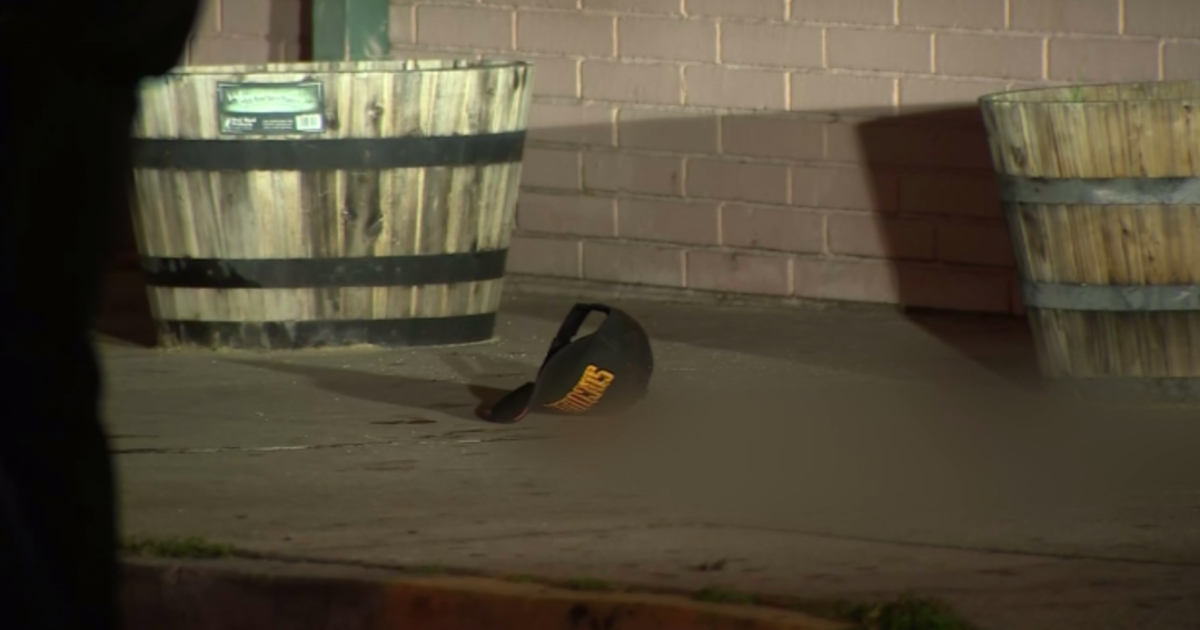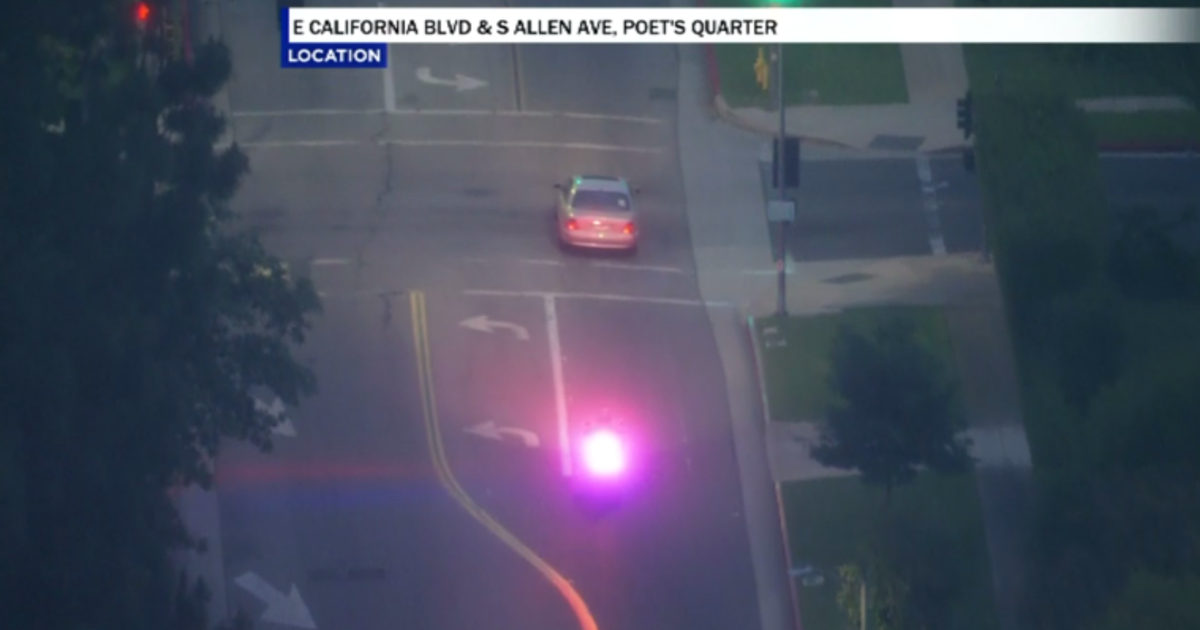Grand Jury: OC Jailhouse Informant Allegations 'Unfounded'
SANTA ANA, Calif. (CBSLA.com/AP) — A grand jury report has determined that allegations of large-scale corruption within the Orange County legal system in regard to the use of jailhouse informants is "unfounded."
In a 28-page report released Tuesday addressing a long-running scandal, the Orange County Grand Jury "found no definitive evidence of a structured jailhouse informant program operating in the Orange County jails."
The panel's investigation was civil, not criminal, in nature.
In its summary, the grand jury dismissed the idea of a large-scale scheme by the county's criminal justice system, stating that "allegations of intentional motivation by a corrupt district attorney's office and a conspiracy with a corrupt sheriff's department to violate citizen's constitutional rights are unfounded."
The grand jury blamed "significant media coverage, finger pointing, and speculative rhetoric" for heightening the issue.
"Disparate facts have been woven together and a combination of conjecture and random events have been juxtaposed to create a tenuous narrative insinuating nefarious intent. That narrative does not stand up to factual validation.
However, the grand jury did state that it discovered "violations in a small number of cases." Those violations were due to "lax supervision" from DA and OCSD officials, who allowed employees to "drift from the core organizational mission of their agencies."
The report was in response to a scandal in Orange County over how authorities used jailhouse informants to chat up suspects and failed to turn over key evidence to their attorneys.
Once suspects have lawyers, authorities can't use informants to extract information from them.
The U.S. Department of Justice is also investigating the county's use of informants after a judge yanked prosecutors from the case of a mass killer upon finding sheriff's deputies lied or withheld information about the snitches.
The scandal began several years ago after the defense lawyer for mass killer Scott Dekraai learned that a jailhouse informant had been chatting up his client even though he already had a lawyer, an alleged a violation of his client's constitutional rights.
The discovery prompted a judge to open hearings into the issue and, in March 2015, yank county prosecutors from Dekraai's case — a decision that was upheld by a state appeals court in November of 2016.
Since the discovery, other criminal cases in the county where jailhouse snitches were used have also been affected.
In May 2016, a man convicted in a double-murder was released on bail after spending 18 years in prison after a judge ruled that the evidence about a jailhouse informant was improperly withheld.
Henry Rodriguez was serving a life sentence after being convicted of helping a friend dump the body of pregnant body of Jeanette Espeleta into the waters off Long Beach in 1998.
In response, the sheriff's department released a statement. It read, in part:
"The report validates many past statements made by Sheriff Sandra Hutchens regarding the use of jailhouse informants and confirms a departmentally sanctioned program does not exist.
"The Sheriff's Department has already implemented the two department-specific recommendations published in the findings of the report. Standardizing jail activity records and improving supervisor training are important measures to better refine our custodial operations and they are recommendations that are well underway."
(© Copyright 2017 CBS Broadcasting Inc. All Rights Reserved. The Associated Press contributed to this report.)



